Stakeholders Concerned Over Acute Shortage of Lubricants and PrEP in HIV Services; National Consultation Held to Seek Solutions
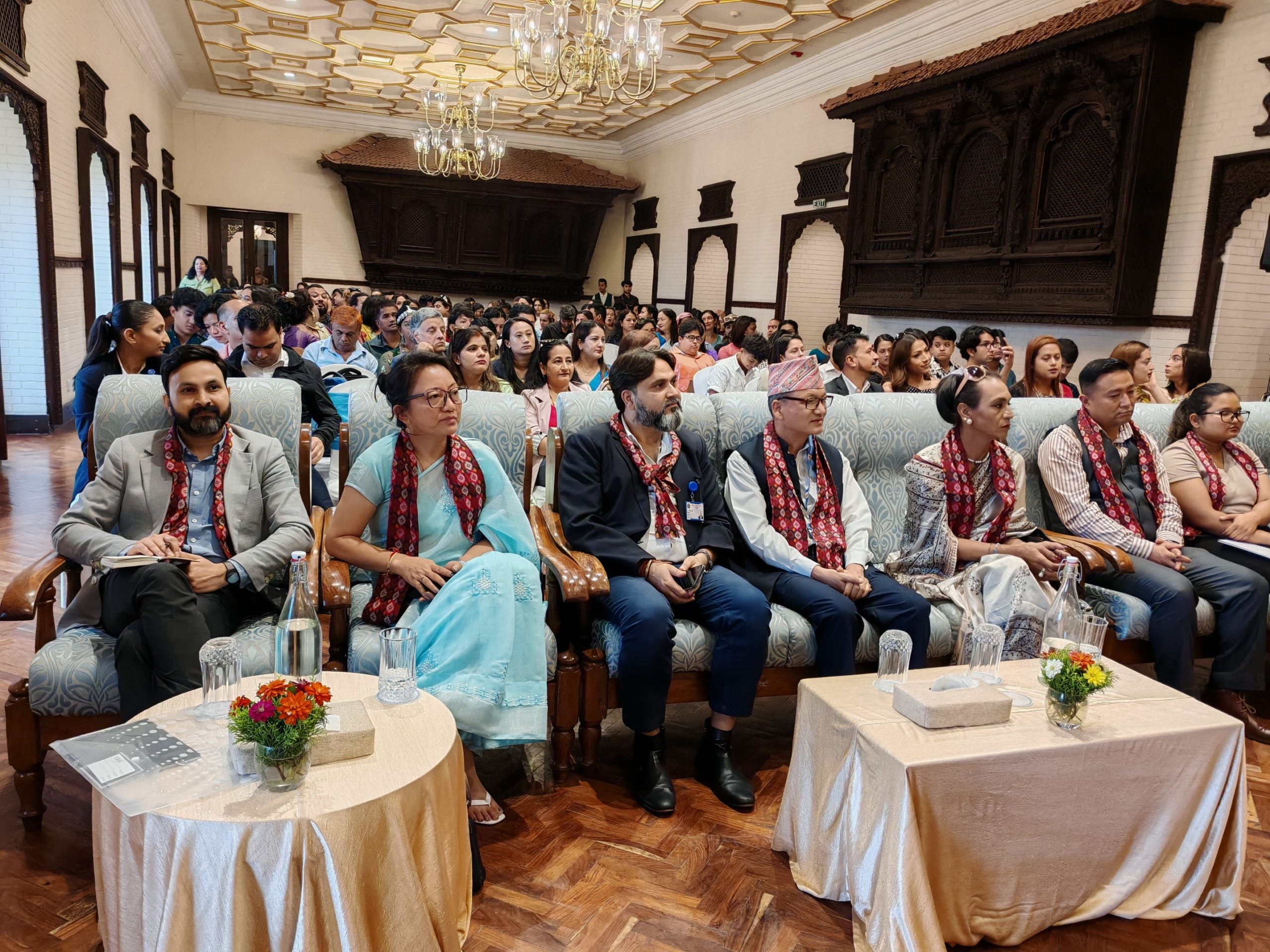
Kathmandu — A critical shortfall in essential HIV prevention supplies, including lubricants and pre-exposure prophylaxis (PrEP), is jeopardizing public health initiatives in Nepal, particularly among sexual and gender minority communities. This crisis stems directly from a significant reduction in funding from the U.S. President’s Emergency Plan for AIDS Relief (PEPFAR), channeled through USAID.
For years, FHI 360 had been the primary conduit for distributing these vital resources to vulnerable populations via a network of outreach centers. With the abrupt cessation of this support, stakeholders across the country are reporting a severe and rapidly escalating depletion of both PrEP and lubricants, raising alarms about a potential resurgence of HIV transmission.
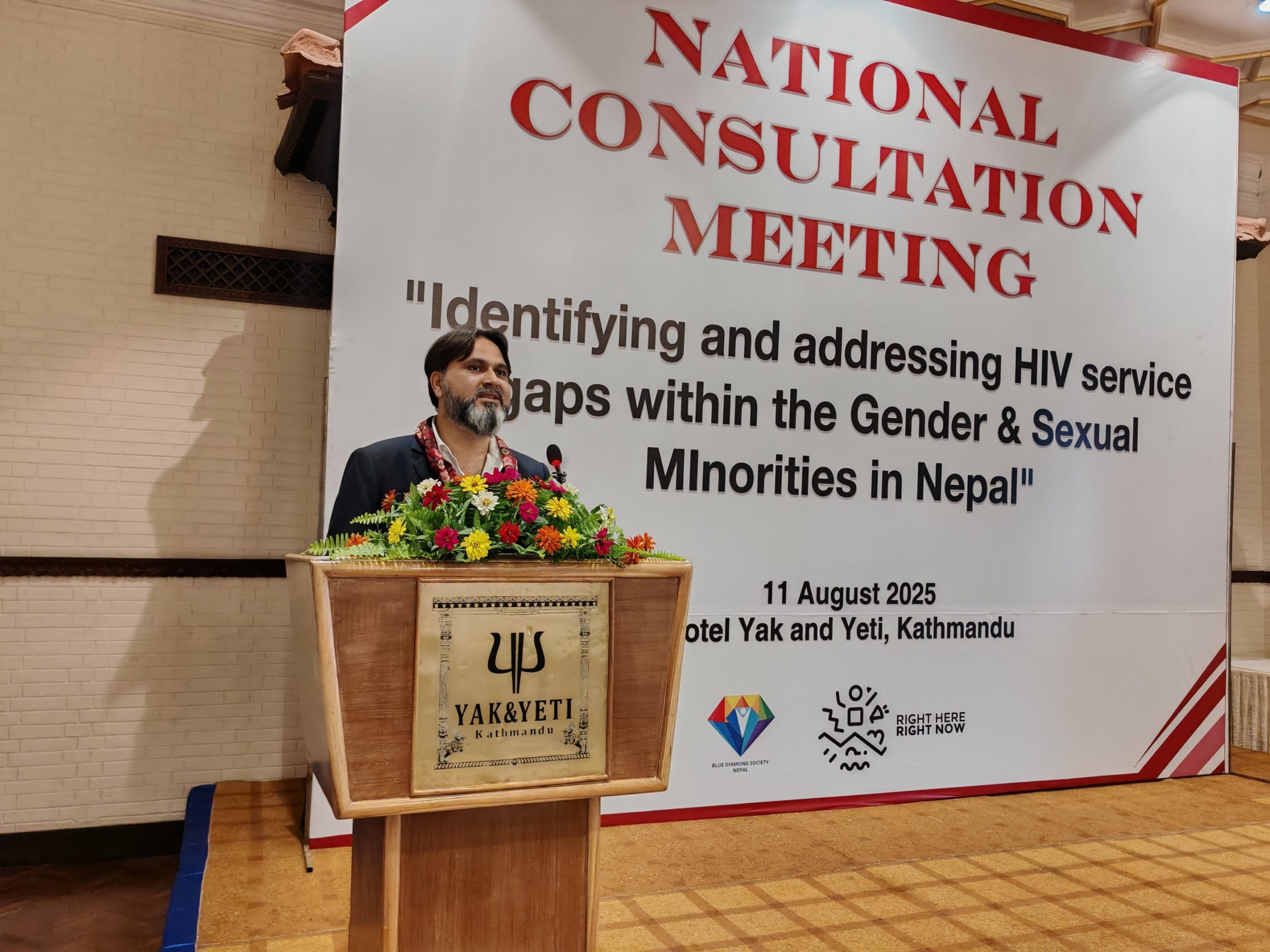
Dr. Sarbesh Sharma, Director of the National Centre for AIDS and STD Control, acknowledged the recent operational disruptions. During a national consultation titled “Identifying and Addressing Shortages in HIV Services for Sexual and Gender Minorities,” organized by the Blue Diamond Society in Kathmandu today, Dr. Sharma stated, “While the government does supply condoms through ART centers, the procurement of lubricants and PrEP does not fall under the state’s direct purview.” He underscored the necessity of a collective effort from all stakeholders, not solely the government, to resolve the growing crisis. “The shortage of lubricants and PrEP has arisen because USAID discontinued its support. There is no significant issue with condom supply,” he clarified.
Dr. Sharma further asserted that no discrimination is practiced against sexual and gender minority communities at ART centers, urging anyone with information to the contrary to come forward. He also emphasized the urgent need for a sustainable plan for these services, independent of donor assistance.
“Considerable funds have been expended in the past, but we should not believe the world will collapse if one donor withdraws funding,” he remarked, a sentiment that some interpret as downplaying the immediate and severe impact of the funding cuts.
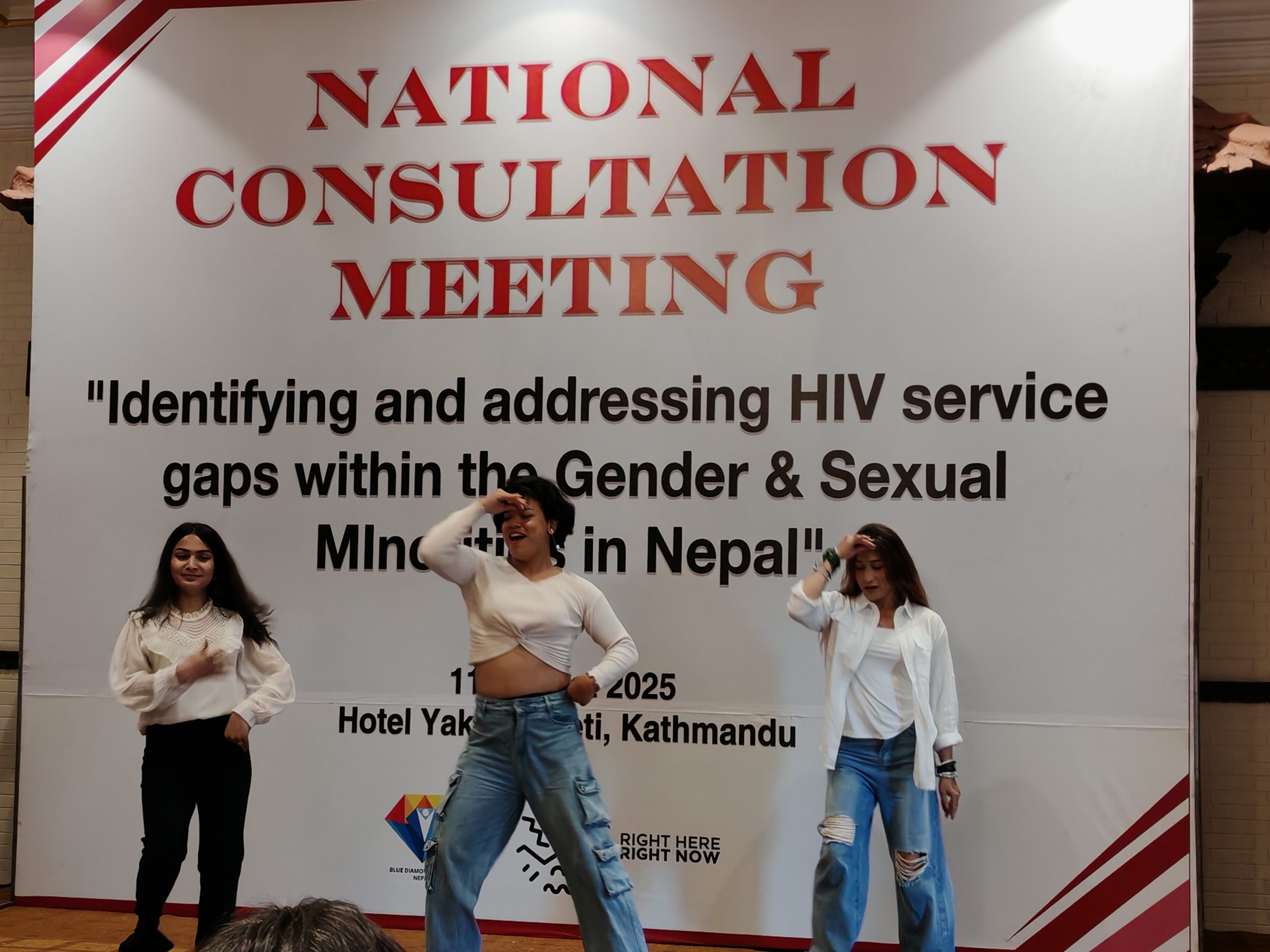
Deepening Crisis: Service Gaps and Human Impact
Presenting a position paper titled ‘Advancing an Inclusive HIV Response: Centering the Rights and Realities of Gender and Sexual Minorities (GSM)’, Prabhu Raj Poudyal, a consultant, detailed the extensive damage caused by the funding withdrawal.
Based on community consultations and a comprehensive literature review, the paper exposed severe service gaps following the termination of targeted interventions for men who have sex with men (MSM), transgender individuals, and male sex workers in 21 districts previously supported by USAID.
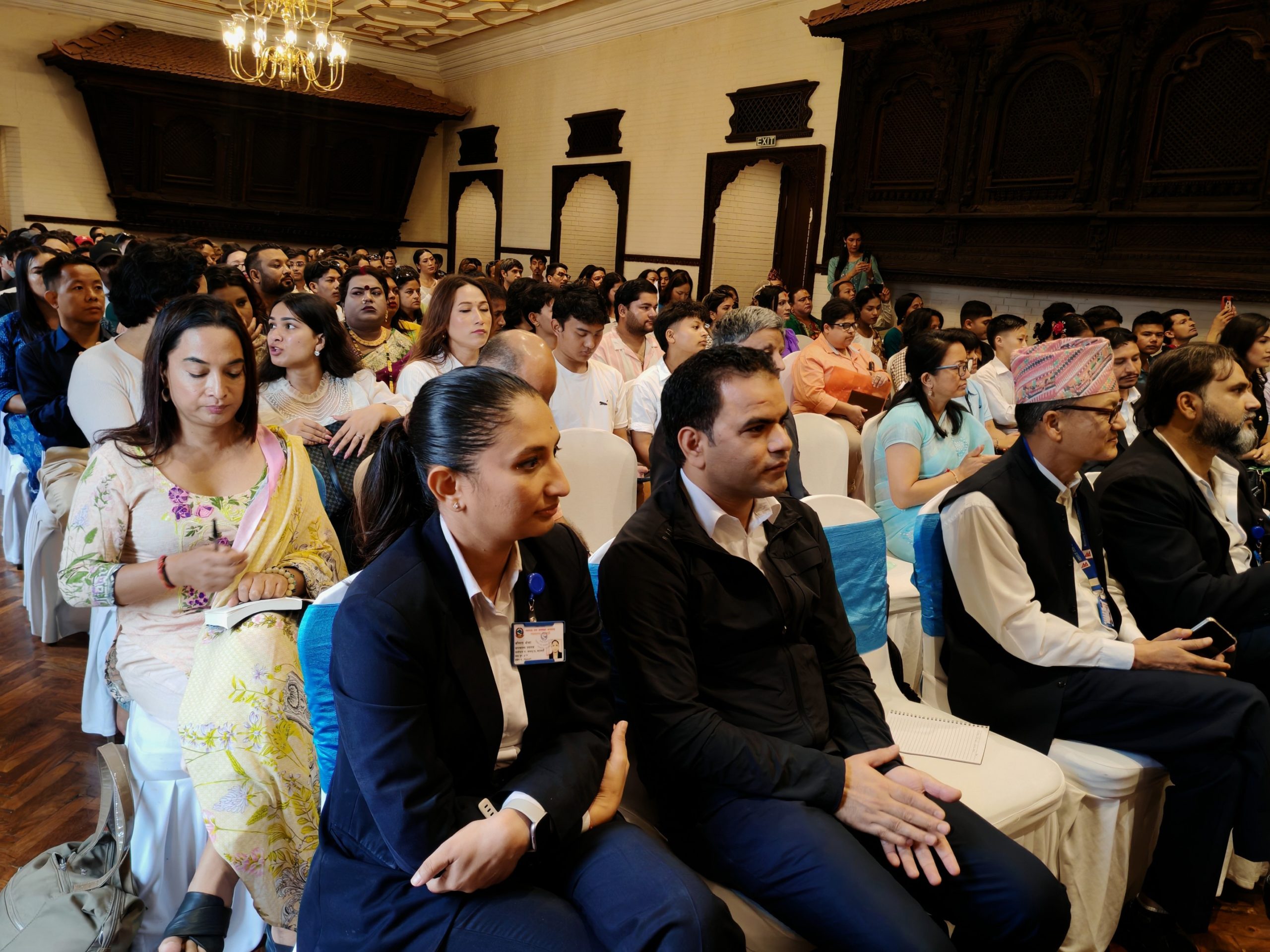
Disrupted services now include crucial outreach, sexually transmitted infection management, community-led and self-testing initiatives, linkage to antiretroviral therapy (ART) for newly diagnosed individuals, continuous case management, PrEP provision, and mental health counseling — services that were once a lifeline for these communities.
The paper highlighted the devastating impact in districts like Bara, where over 20,000 MSM/TG individuals once received consistent services. Access is now “extremely limited,” with lubricants entirely unavailable and condom distribution restricted to a single packet per person due to resource shortages. Alarmingly, some individuals have been unable to continue their PrEP medication, placing them at increased risk of HIV infection. Reports also document a surge in stigma, unsafe healthcare interactions, and the complete loss of mental health support services that were previously instrumental in preventing suicides and improving overall well-being.
Poudyal warned that these widespread disruptions threaten Nepal’s ability to achieve its 2025 HIV targets, significantly increase public health risks, exacerbate mental health crises, and undermine two decades of hard-won progress in HIV response. His recommendations included an urgent call to restore and expand services, integrate gender and sexual minority-specific indicators into national health systems, secure contingency funding from both domestic and international sources, ensure access for stateless or undocumented individuals, launch nationwide anti-stigma campaigns, and actively involve key populations in monitoring rights violations and service quality.
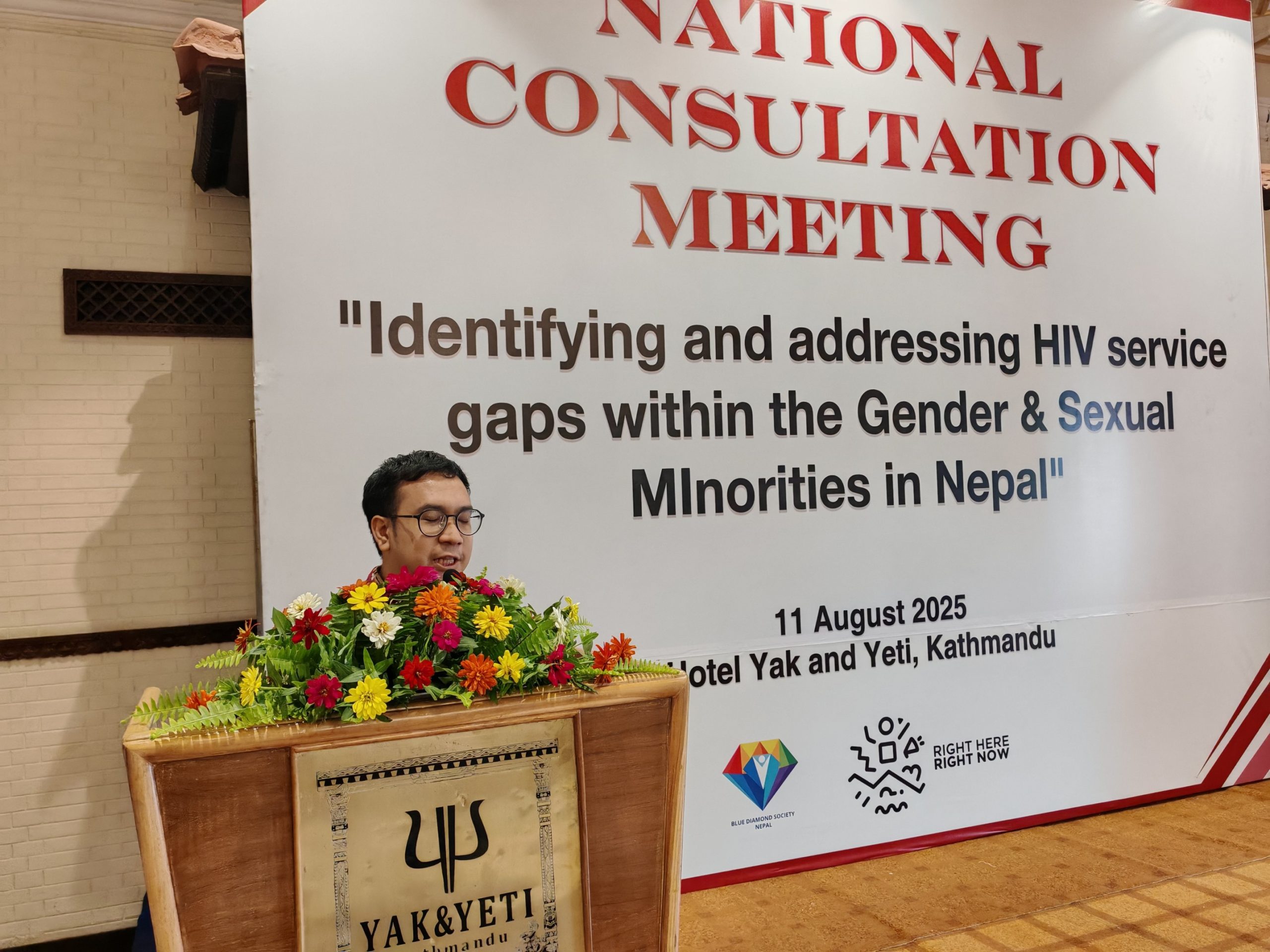
Regional Challenges and International Calls to Action; APCOM to Partner with Blue Diamond Society
Numan Afifi, Senior Research and Policy Officer at the Asia Pacific Coalition on Male Sexual Health (APCOM), Bangkok, underscored that the lack of funding for HIV response has become a pervasive regional challenge. “Investment is declining in Thailand, Nepal, and across the Asia-Pacific; global priorities are shifting, and civic space is shrinking. Funding cuts affect communities the most. ART centers are shutting down, PrEP and lubricants are scarce, and the availability of preventive tools such as HIV testing is decreasing,” he stated.
Afifi announced an upcoming partnership with the Blue Diamond Society at APCOM’s annual community summit in Bangkok this November, aiming to build a new chapter of collaboration. He emphasized the importance of drawing lessons from South Asia and pooling expertise to transform Asia into a hub for effective HIV response.
“APCOM stands in solidarity with sexual and gender minority communities. We will share successes and challenges from across the region to advocate for inclusive spaces and sustainable funding,” he pledged. “Our commitment is not limited to recommendations but is a shared responsibility to ensure the resilience of health systems without putting communities at risk.”
Recalling the devastating impact of the COVID-19 pandemic, Afifi noted that “lockdowns and resource reallocations disrupted HIV testing, treatment, and prevention. For sexual and gender minority communities facing discrimination, these disruptions led to delayed medication, lack of safe spaces, and increased risks of poverty, violence, and mental health issues.”
On behalf of APCOM, he extended gratitude to “everyone working hand-in-hand to ensure that every sexual and gender minority person in Nepal can access uninterrupted, respectful, and lifesaving health services.”
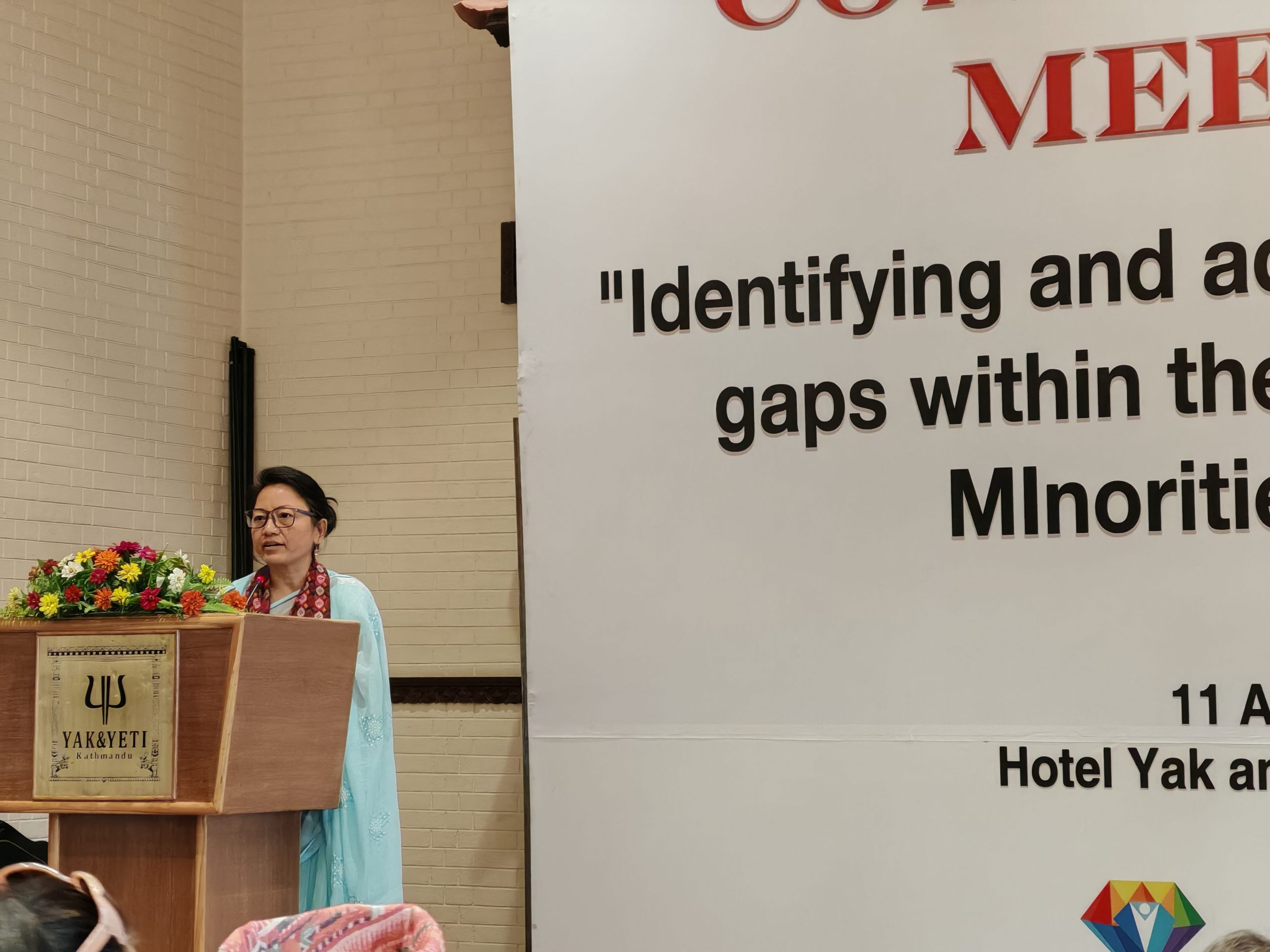
Urgent Calls for Prioritization and Domestic Solutions
Binda Magar, a UNDP representative, expressed surprise at the sudden halt of USAID’s support, stating, “We are in discussions on how to make up for the halted support.” Drawing on past cooperation between the government and stakeholders during crises like the COVID-19 pandemic and the earthquake, she stressed the imperative of coordinated efforts with provincial and local governments within Nepal’s federal structure.
Magar highlighted the need to foster public and stakeholder understanding of the issues facing sexual and gender minority communities. Critically, she committed to prioritizing this matter for discussion in the upcoming Global Fund meeting, signaling an international appeal for intervention.
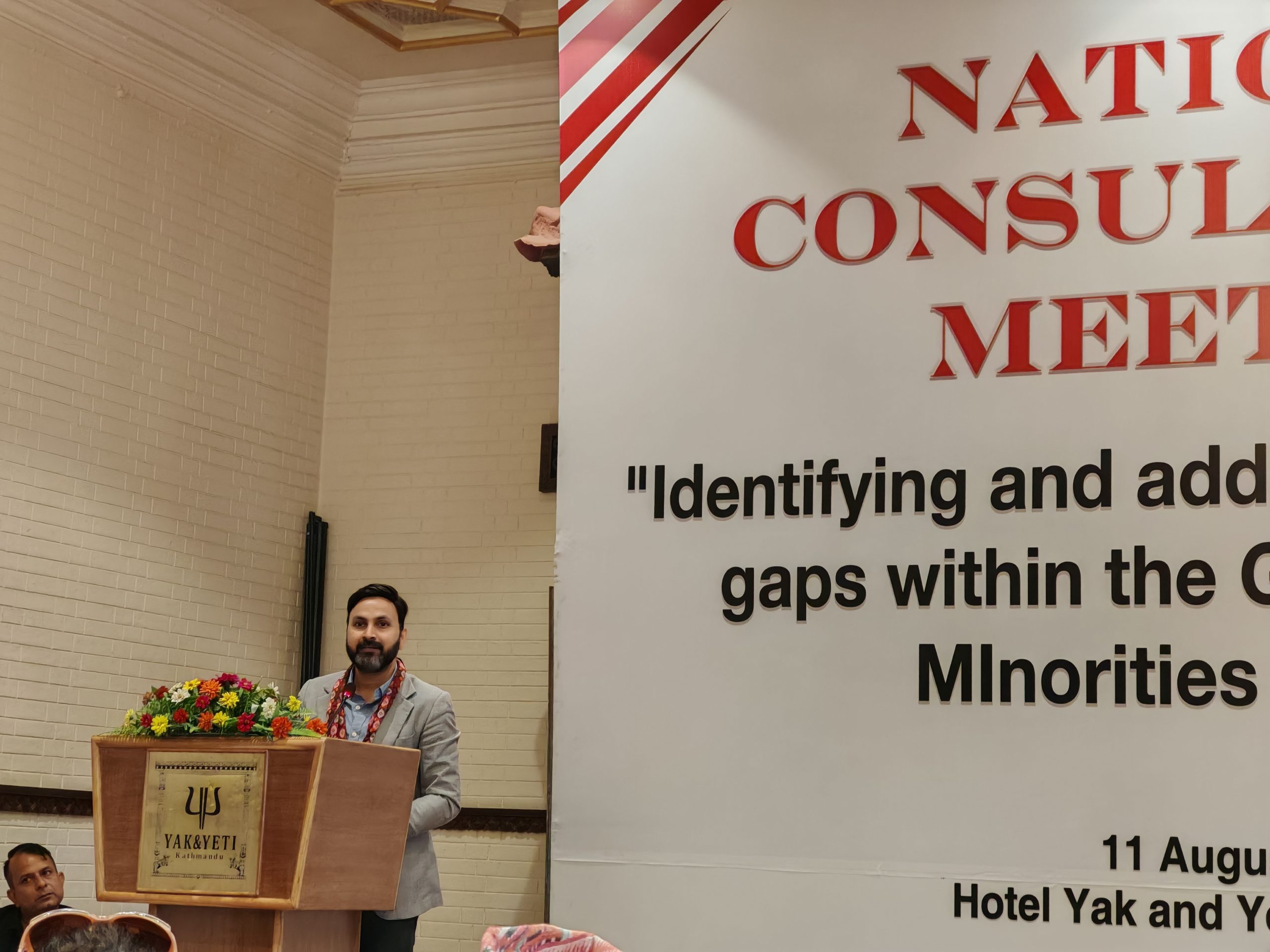
Divyaraj Joshi, National Coordinator of AHF Nepal, characterized the escalating shortage of services and resources as “complex.” He unequivocally stated, “Blocking services based on gender identity is a crime,” expressing cautious optimism that the current meeting would illuminate pathways to solutions.
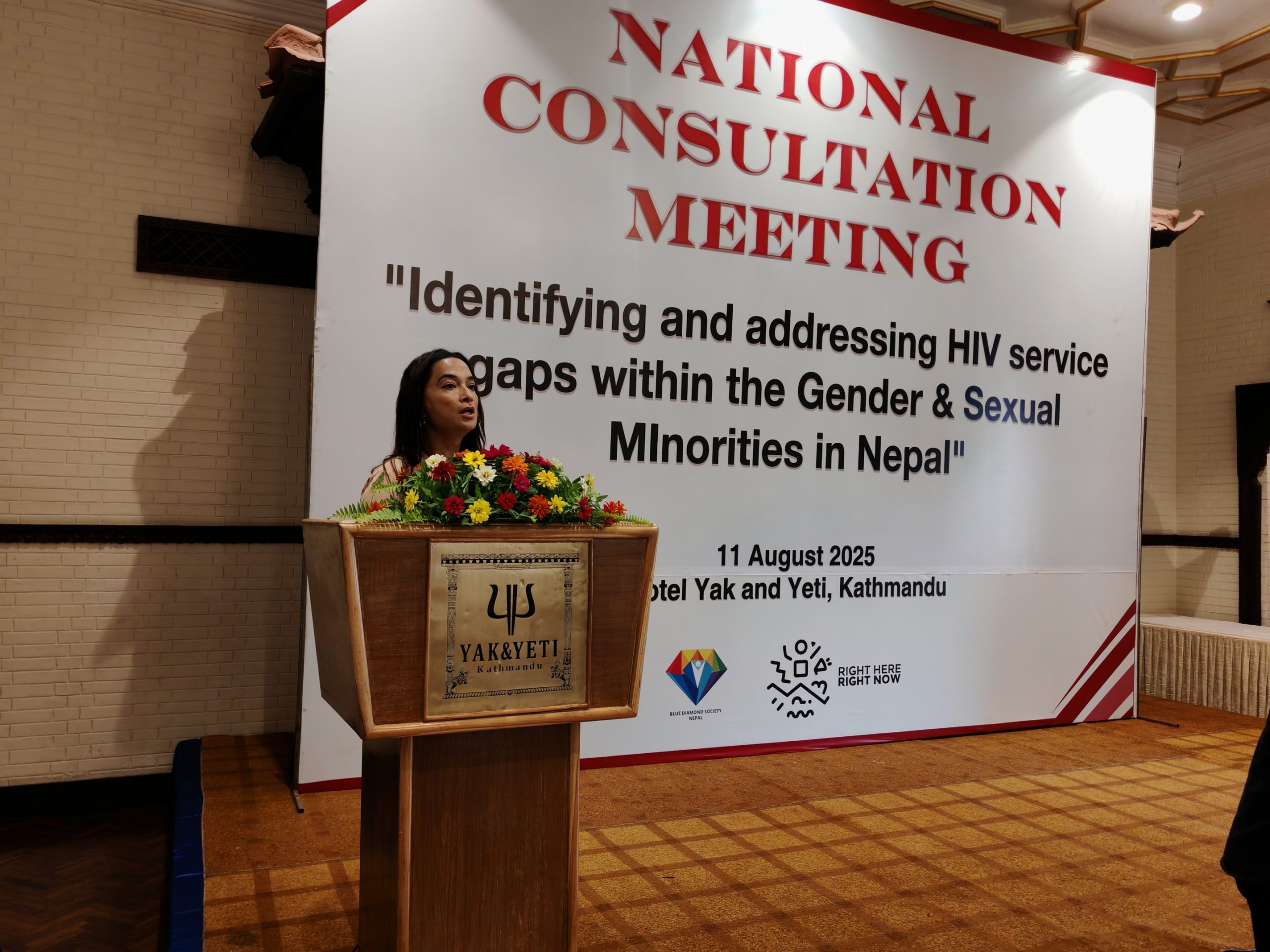
A Looming Public Health Disaster
Manisha Dhakal, Executive Director of the Blue Diamond Society, painted a stark picture of the challenges facing sexual and gender minority communities. “We are going through a very difficult time. The shortage of lubricants, PrEP, and condoms could cause major problems in the future,” she warned, underscoring the potential for a public health catastrophe.
Dhakal highlighted the ongoing difficulties the community faces in easily accessing services at ART centers, stressing the urgent need to expand ART center capacity through coordination with local and provincial governments. “There has been no testing for the past eight months, and people living with HIV are confused about where to go,” she added, revealing a critical lapse in early detection and treatment.
The Indispensable Role of Prevention
-
Condoms: Function as a primary barrier against HIV and other sexually transmitted infections.
-
Lubricants: Essential for preventing HIV transmission by minimizing friction and reducing the risk of skin tears during sexual activity.
-
PrEP: A highly effective medication that prevents the HIV virus from establishing itself and spreading within the body.

“With the end of USAID support, there is an acute shortage of lubricants and PrEP. Our community has not been able to access these materials easily,” Dhakal stated, articulating the profound human impact of the funding cuts. She expressed hope that the consultation meeting would establish a clear course of action to address the deepening service gap. “Our work should not stop just because someone has withdrawn support. We must develop strategies to move forward even in difficult situations,” she stressed, calling for robust domestic solutions to prevent a reversal of hard-won gains in Nepal’s HIV response.
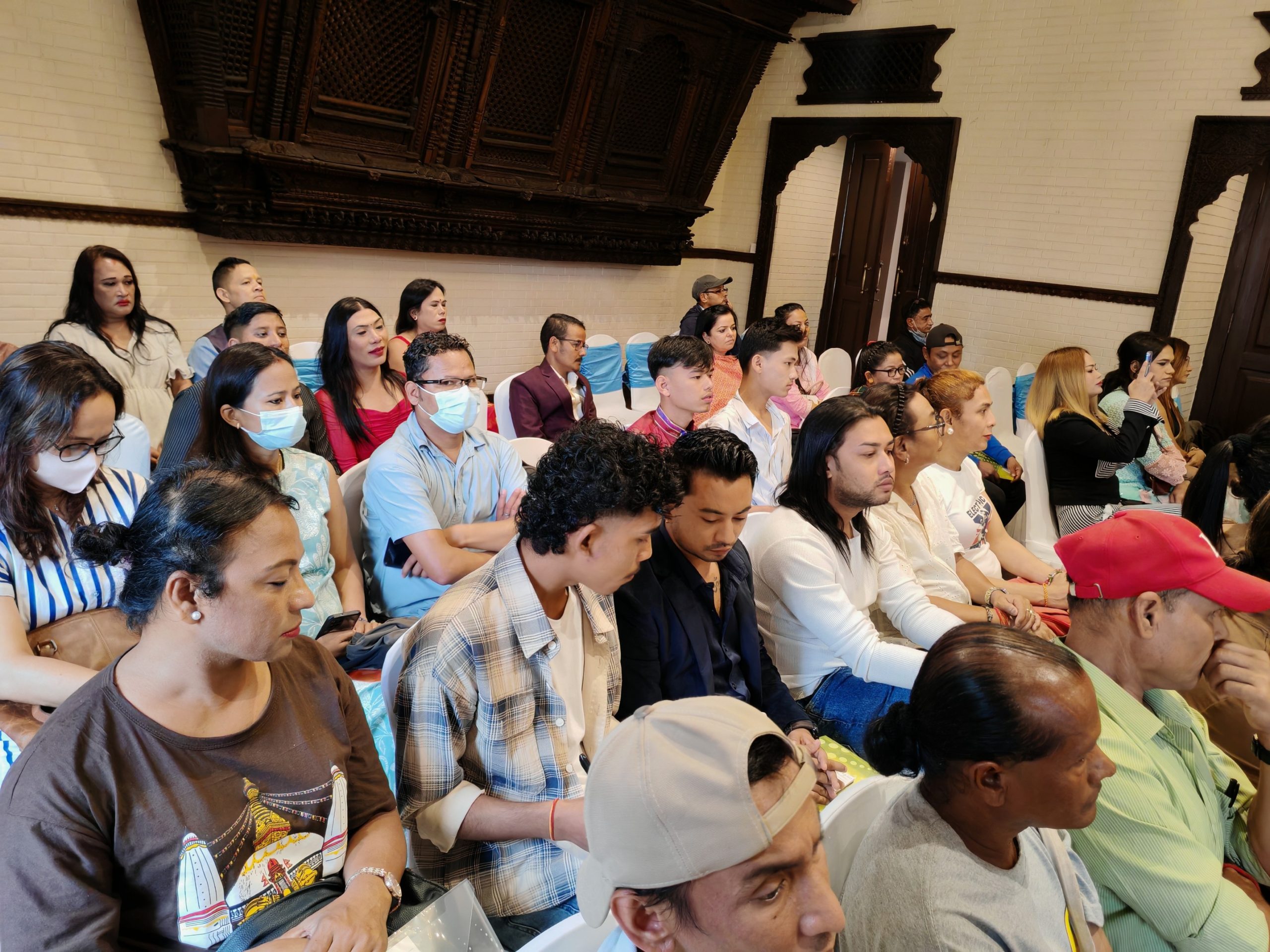
The national consultation meeting is seen as a critical juncture in identifying immediate and long-term solutions to the severe shortage of HIV services for sexual and gender minority communities, aiming to avert a wider public health crisis.
ट्याग : ## ब्लु डाइमण्ड सोसाइटी, ##AHF Nepal, ##Binda magar, ##Blue Diamond Society, ##Global Found NEPAL, ##LGBTIQ+, ##PrEP, ##UNDP NEPAL, #FHI360, #NCASC
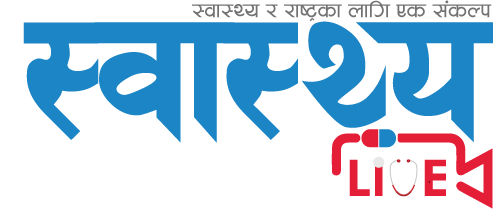
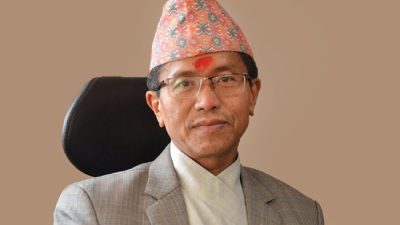
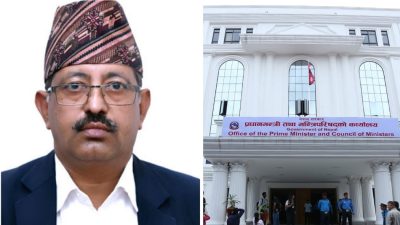
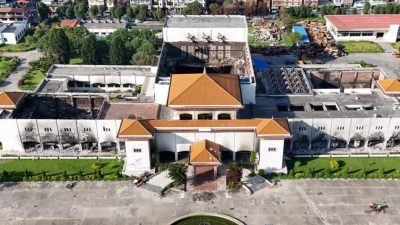
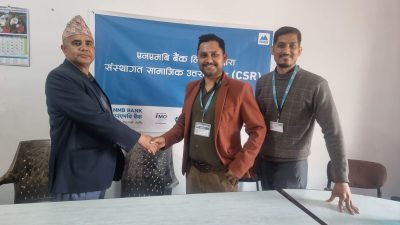
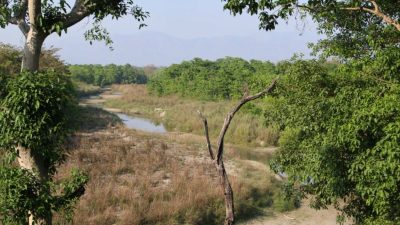
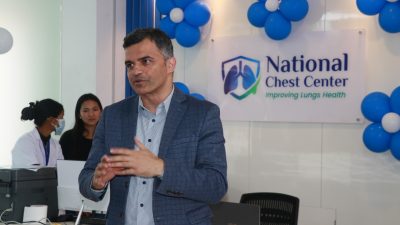
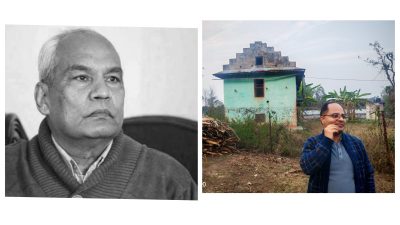
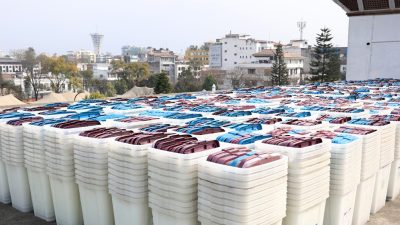


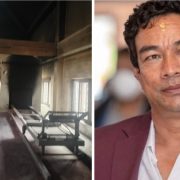
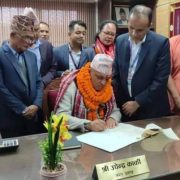
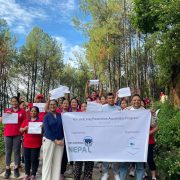


तपाईको प्रतिक्रिया दिनुहोस